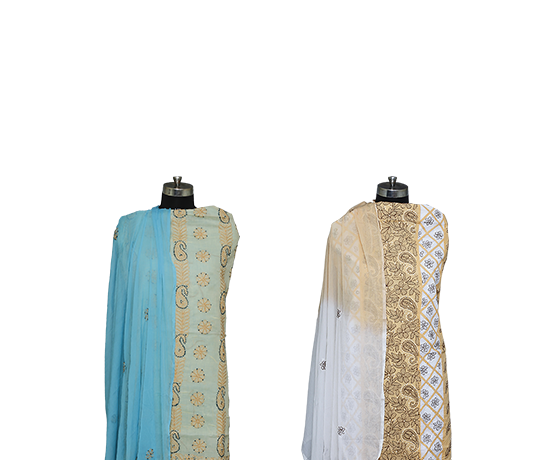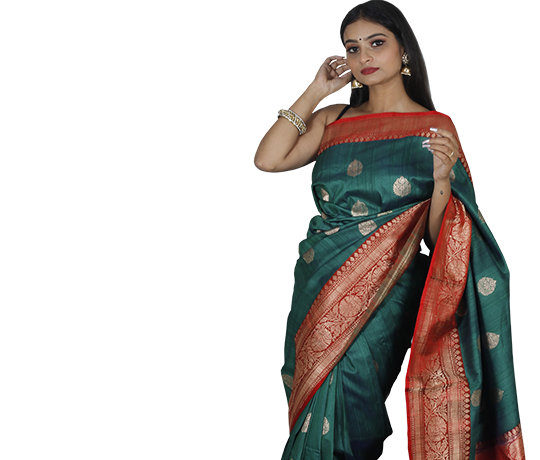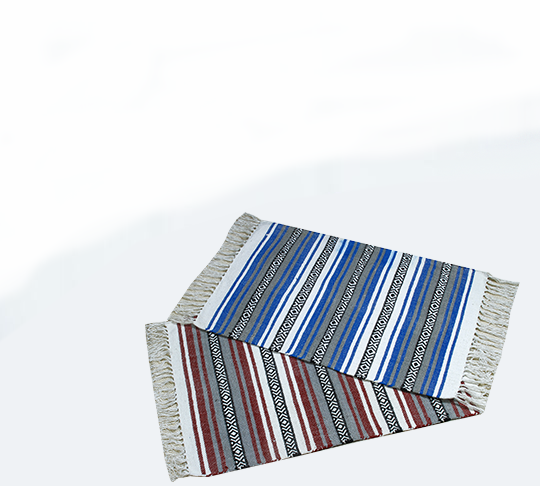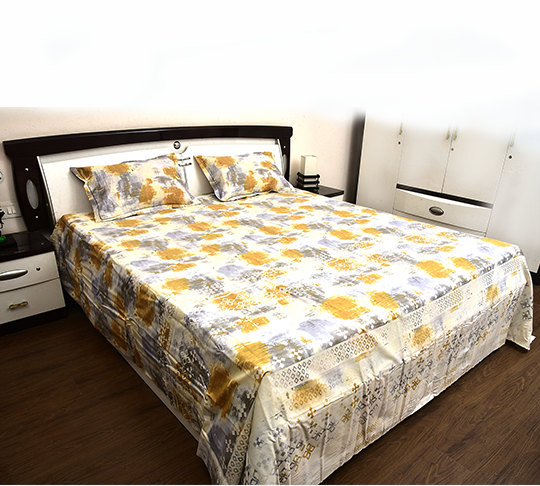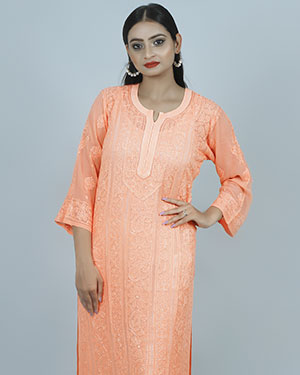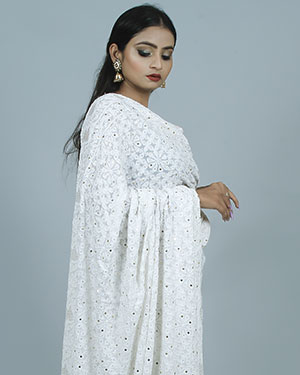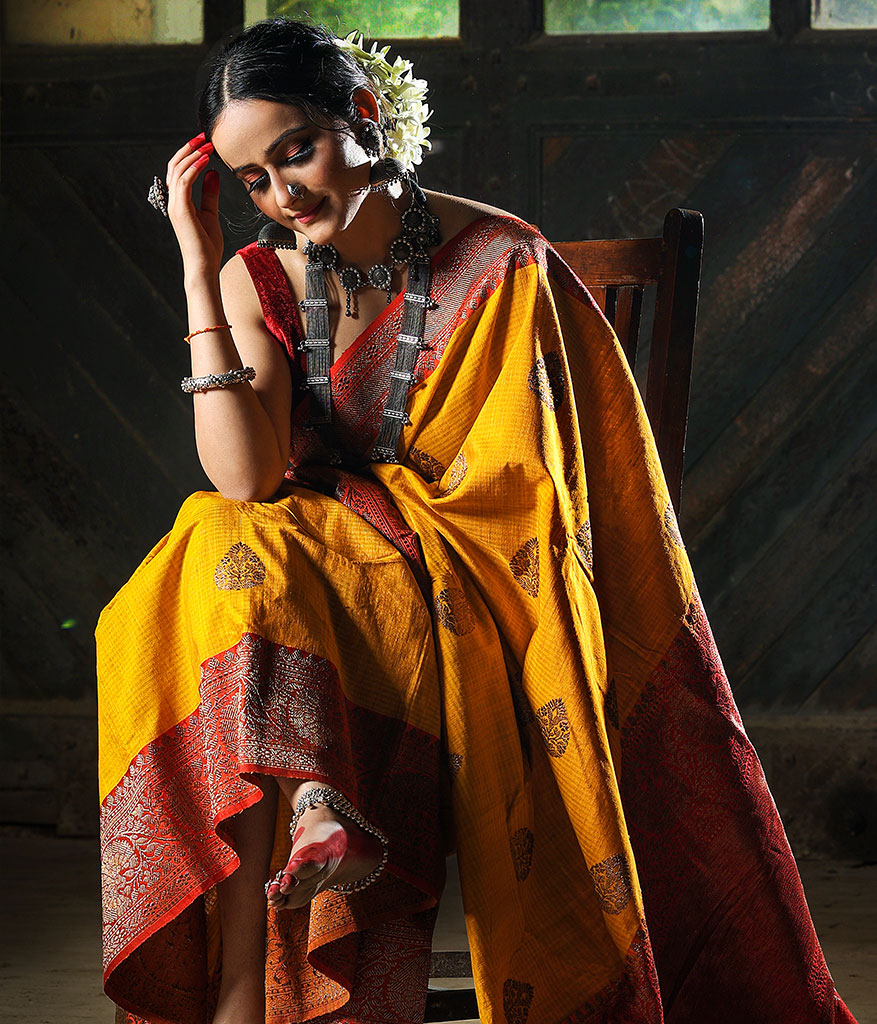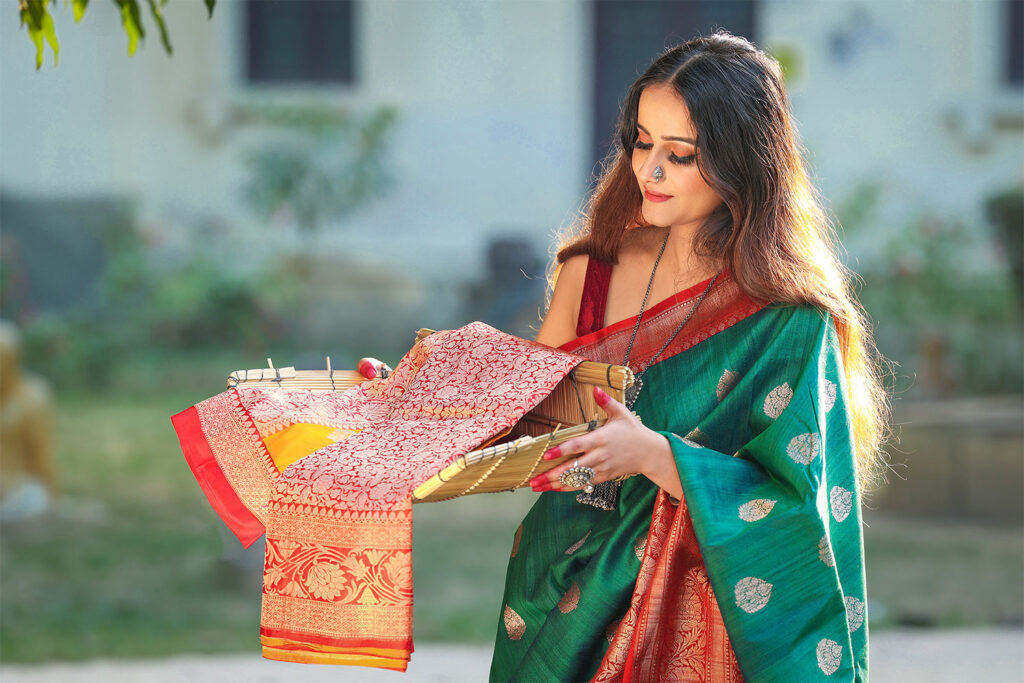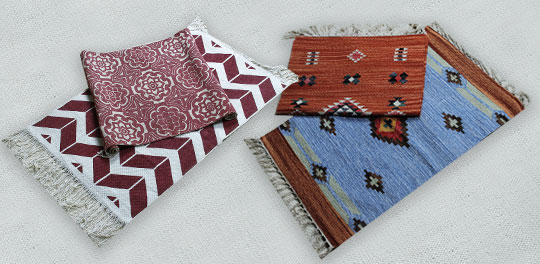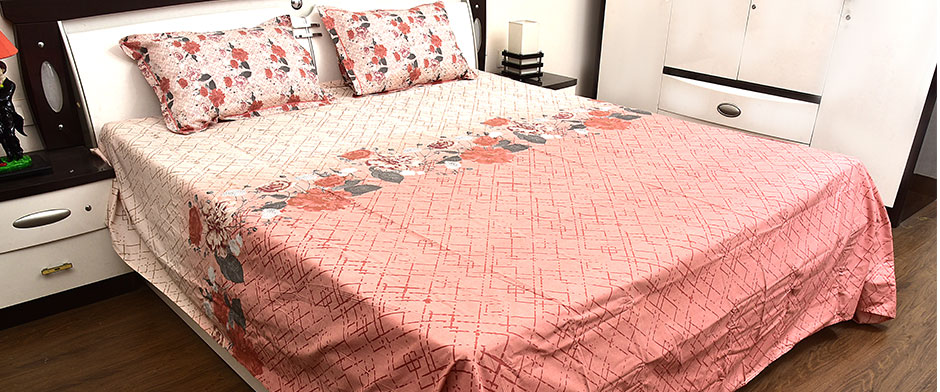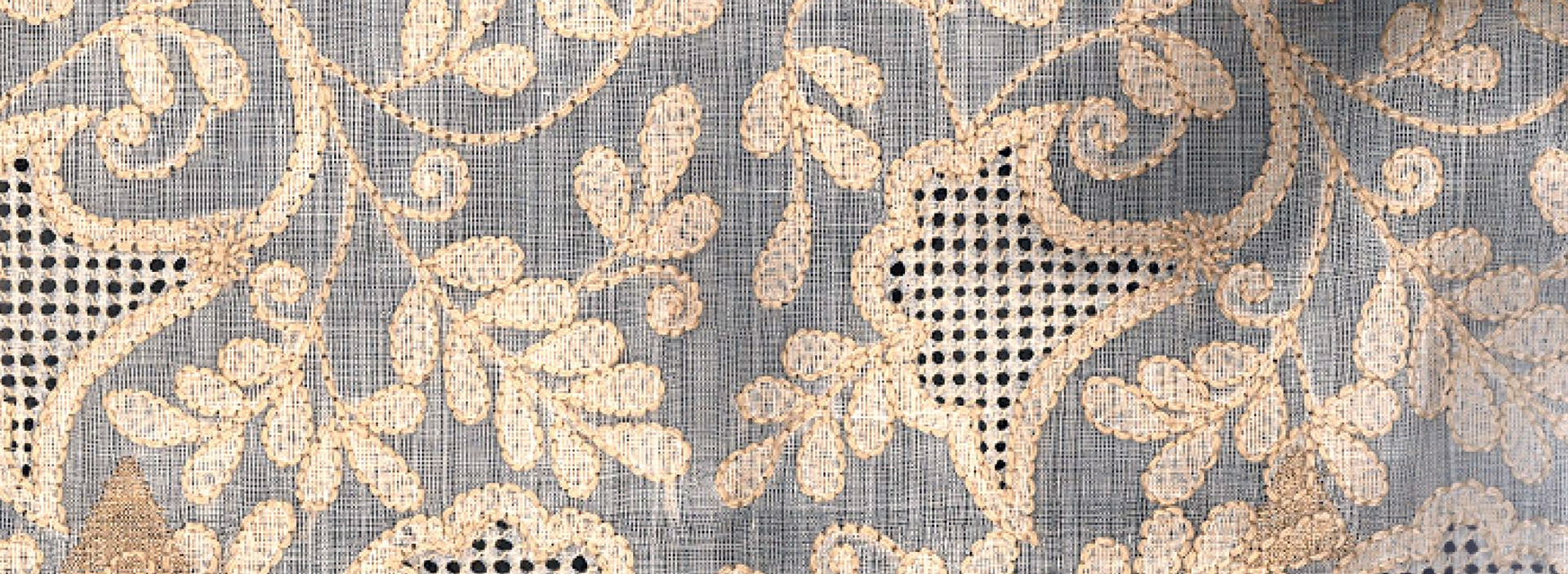India has been a host to several cultures and this land has assimilated the vestige of every culture that ruled its heart into itself as its own cultural inheritance. The Mughal Dynasty contributed immensely towards the enrichment of art and finesse in India. One amongst the innumerous gifts that India received from Mughals was ‘Chikankari’. Chikankari still captivate charm and mesmerize people with its aesthetic and baroque appeal. We at ‘Twist and Turn’ ensure that the heritage and originality of this ancient art is preserved and carried forward with utmost panache.
The word Chikankari is derived from a Persian word ‘Chakin’ or ‘Chakeen’ which means creating delicate patterns on a fabric. Chikankari is definitely the best and most intricate and delicate needlework of India. The pristine Chikankari is a like an oasis of art and tradition for the chaos-struck modern day human being. It is widely practiced in the heart of Northern India, Nawabo aur Nafasat ka shehar ‘Lucknow’.

History: The origin of this beautifully delicate and intricate thread work can be traced far back to the 3rd century BC, where the mention of ‘flowered muslins by Indians’ hint towards Chikankari. Fiaz Khan one of master craftsman from the 60’s told Jasleen Dhameeja that this art was introduced to his family more than a century and a half back, by a traveler who was thirsty and his family hosted and tended to him with utmost warmth. The traveler was so impressed and delighted by this gesture, as he had nothing to offer in return, he expressed his gratefulness by teaching the family the art of Chikankari, so that they will never have to see a hungry and thirsty day in their lives.
Another story is that Begum Noor Jehan, the queen of Emperor Jehan Gir was the one to introduce Chikankari to other women of her court. She wanted that other women should be able to win the attention and love of their husbands and be the queen of their hearts just like she became by stringing her love into the intricate stitching patterns.
Process: The journey that starts from a piece of fabric to a finished Chikankari product is also very interesting. This journey has many steps involved:
- First of all a fabric is selected according to the demand. Previously it was done only on Muslin but today Chikankari has spread its wings on almost all of the fabric including cotton, chiffon, georgette, muslin, silk, chanderi just to name a few.
- The selected fabric in desired color is initially cut to a favorable shape and style by the tailor and a running stitch is given to the garment to retain shape and avoid any run offs.
- There are special wooden blocks used for imprinting the design on the fabric. There are few common blocks and if required according to the style and design of the garment new blocks with desired or customized designs are used as well.
- These wooden blocks with inscribed print are dipped in glue and indigo dye and are printed by hand on the garment. This marks the initialization of the Chikan work.
- The artisans needle out the intricate and beautiful Chikankari stitches with their hands on every piece of print. There are total 32 stitches which are broadly classified in 3 different categories namely Raised stitch, Flat stitch and Open Trellis.
- The finished garment is then washed to remove any trails of the printing ink.
- It is then goes through a series of finishing stations and quality checks to ensure the best product delivery and for maintaining the standards.
Artisans: The Chikankari work is done by artisans. It gives us immense pleasure and proud to reveal that women in this field have taken a lead over men and dominate the Chikankari artisan spectrum. Chikankari is a major source of fueling the fire of passion and aspiration in these otherwise under- privileged and repressed women artisans. They have found a way to conceive and nourish their dream of showcasing their talent to the world.
There are different artisans who are skilled and have experience in various types of stitches. Generally Chikankari is carried out by a bunch of artisans transferring their age old heritage on the piece of garment. Each artisan brings out the best of needle work hands-on the allotted garment for the stitch which they are most skilled with and once done. It is passed on to the others in the group. Hence, ensuring to bring out the best possible artistic work incorporated in your garment.
We at Twist and Turn ensure to help in the upliftment and liberation of the artisans (majority of who are women) by giving the adequate economic support and recognition to the guardians of this beautiful heritage art. We also ensure that the products that we deliver are of the best standard along with being handmade and cruelty-free. The artisans that work for us are national award winners in their craft. Since each piece is handmade hence you have the individuality and authenticity present in each of our product. When you decide to add these high quality charismatic and comfortably stylish products to your wardrobe, you not only up your fashion game but also help in betterment of these artisans. The packaging of these products at Twist and Turn is also eco-friendly. We use Jute bags made by local handloom craftsmen which are 100% sustainable, reusable and gentle to Mother Earth. Our motto at Twist and Turn is to spread smiles to the customers by delivering premium quality handmade eco-friendly products along with improving the life standards and economical condition of our artisans.
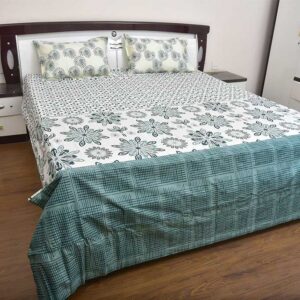 Bohemian Rush
1 × Rs.1,000.00
Bohemian Rush
1 × Rs.1,000.00 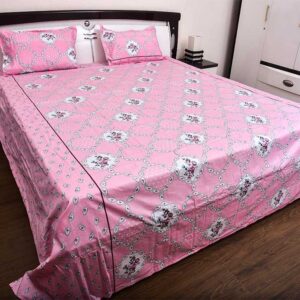 Cherishing Effloresce
1 × Rs.1,000.00
Cherishing Effloresce
1 × Rs.1,000.00 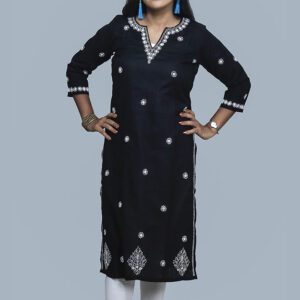 Chikan 5
1 × Rs.1,999.00
Chikan 5
1 × Rs.1,999.00 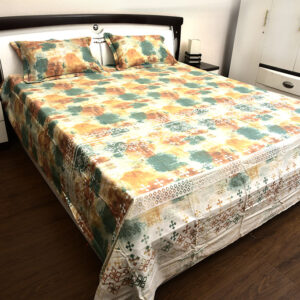 Drafting Dreams
1 × Rs.1,000.00
Drafting Dreams
1 × Rs.1,000.00  Smartphone 6S 32GB LTE
1 × Rs.1,215.00
Smartphone 6S 32GB LTE
1 × Rs.1,215.00 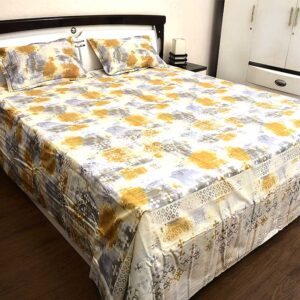 Drafting Fantasy
1 × Rs.1,000.00
Drafting Fantasy
1 × Rs.1,000.00 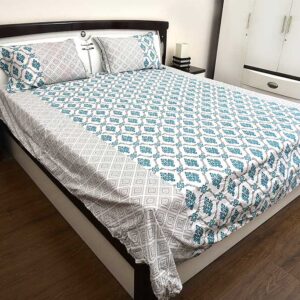 Mesmerizing Mingle
1 × Rs.1,000.00
Mesmerizing Mingle
1 × Rs.1,000.00  Tablet White EliteBook Revolve 810 G2
2 × Rs.1,300.00
Tablet White EliteBook Revolve 810 G2
2 × Rs.1,300.00 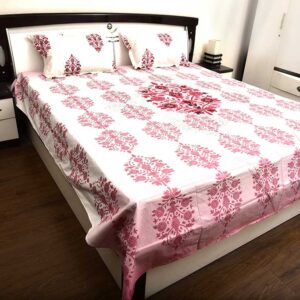 Patterned Relish
1 × Rs.1,000.00
Patterned Relish
1 × Rs.1,000.00 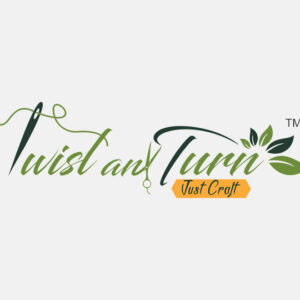 Jute Work 4
1 × Rs.275.00
Jute Work 4
1 × Rs.275.00 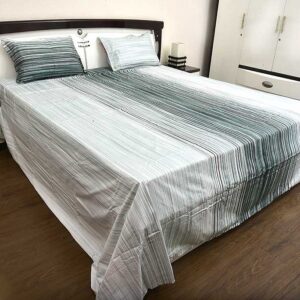 Cascading Trail
1 × Rs.1,000.00
Cascading Trail
1 × Rs.1,000.00  Frolic Boulevard
1 × Rs.1,000.00
Frolic Boulevard
1 × Rs.1,000.00  Cascading Zenith
1 × Rs.1,000.00
Cascading Zenith
1 × Rs.1,000.00 
